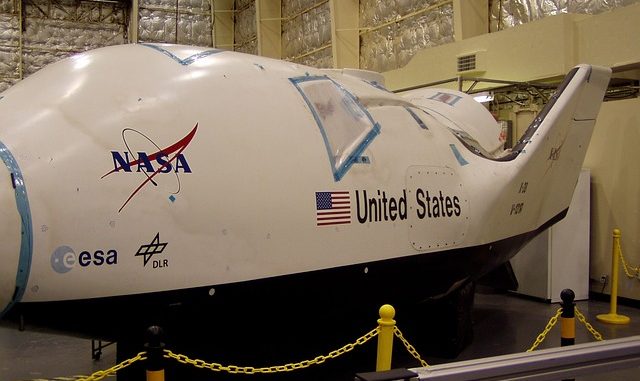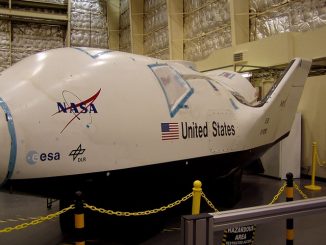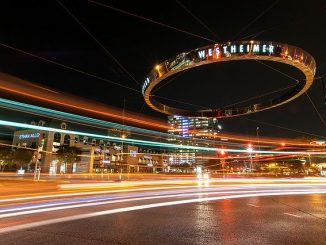
Chronicle metro/state columnist Rick Casey penned a column on Friday that’s effectively a press release for the Scott Hochberg campaign. Indeed, it took no time at all for the Hochberg campaign to cite Casey’s column:
Chronicle calls Ann Witt’s attack ad on Scott’s pro-military votes “dishonest”, “a level of demagoguery that suggests desperation.”
That’s not what the Chronicle editorial board (which presumably speaks for the newspaper) said, but what a columnist said. They’re not quite the same thing, and it’s a little misleading to suggest they are (since we’re about to take up the topic of misleading characterizations).
In any case, Casey’s complaint is that a mailer sent out by Hochberg’s opponent for state representative, Ann Witt (R), misled on one aspect of Scott Hochberg’s voting record:
In copy pasted over photos of soldiers in tanks and of a soldier saluting the American flag, Witt accuses Hochberg of voting “to make it more difficult for” troops stationed away from home to vote in state and local elections.
Interestingly, in a column devoted to blasting Ann Witt for alleged campaign treachery, Casey does readers a real service by reporting the following facts:
In 1997, Hochberg joined 71 other members of the Texas House, mostly Democrats, in voting for an Election Code amendment sponsored by then-Rep. Hugo Berlanga, D-Corpus Christi.
[snip]
Witt was unavailable Thursday, but her daughter and campaign manager Ellen Witt defended the brochure.
“There was a federal postcard registration that allowed troops to cast their votes” without going through absentee vote requirements, she said. “This amendment would have disallowed that easy procedure.”
In reality, the amendment made it easier for out-of-county military to vote in federal races. It enabled them to vote electronically, and extended the deadline so that late votes would count.
[snip]
But it also said that in order to vote in state and local races (as opposed to federal races), they would have to register in the county in which they were voting. They would have to either claim to be residents or say they intended to return to the county.
By Casey’s own admission, then, the amendment supported by Hochberg would have imposed an extra requirement for military absentee voters to participate in local and state elections (a requirement that still raises concerns of equal protection in my mind, but that’s a different, older topic), making it more difficult for them to do so.
So, recall that first quotation above — Casey’s complaint that Ann Witt accused Hochberg of voting to make it more difficult for absentee military voters to vote in state and local elections. And then read the second quotation — especially the bolded portion — in which Casey writes that the amendment Scott Hochberg supported did just that.
Casey accuses the Witt campaign of demagoguery, yet he actually concedes the factual basis for the Witt campaign’s brochure in his column blasting Witt. That is quite an unusual definition of demagoguery! And while it may appeal emotionally to Democratic activists and other partisans, it hardly seems to support Casey’s excoriation of Witt. Casey probably should have stuck to a more straightforward laying out of the facts, instead of telling his readers what to think. But he apparently just couldn’t help himself.
Journalistically, there’s another problem. Casey is engaged in editorializing under the guise of illumination. He’s an opinion columnist of sorts, so it’s certainly his province to argue in support of whatever candidate he prefers for whatever office he wants to write about. But as we’ve pointed out before, when the Chronicle‘s news coverage is so weak that such editorials become a reader’s major source of information on a given topic, that’s problematic. A more responsible newspaper would strive to do it less.




